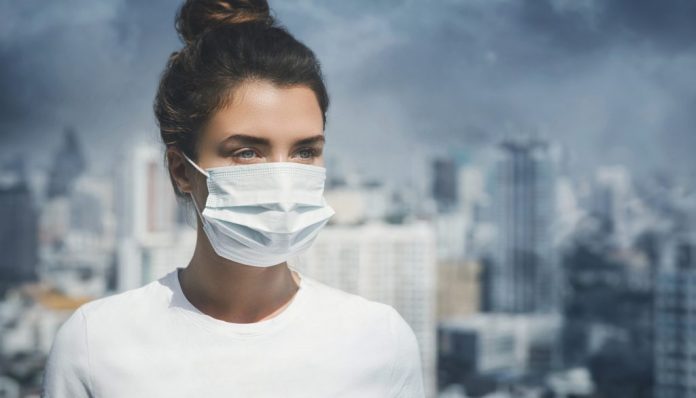The National Asthma Council Australia is urging all health professionals to reassure patients with asthma that they should wear a face mask when outdoors or when they can’t socially distance from others.
National Asthma Council Australia Director and respiratory physician Professor Peter Wark says there was some confusion among people with asthma as to whether they could seek an exemption from wearing a mask due to their medical condition.
“There is no evidence that wearing a mask worsens asthma and an article published in the European Respiratory Journal states that any exemptions*of respiratory patients on the compulsory use of face masks is not evidence based and may carry increased risk of personal infection from Covid-19.
“People with asthma, or their friends or family looking for advice, should know that face masks are essential for the protection of the person with asthma, as well as any carers or guardians looking after children with asthma.
“Face masks, hand hygiene and social distancing will all help prevent the spread of infection and in fact, not wearing a mask could put adults and children with asthma at a disproportionate risk of getting the Covid-19 virus,” he says.
Professor Wark says wearing a mask can make someone with asthma and other lung diseases feel more breathless, especially if they are more active.
“However, we know from the World Health Organisation that face masks of breathable material, worn properly, will not lead to health problems, still provide protection and are more comfortable.
“If someone does become breathless whilst wearing a face mask they will be helped by moving to an open area with good airflow if possible then briefly removing their mask until they have caught their breath. Reapplying their mask when they are able to will help their symptoms and reduce their risk of infection.
“We encourage all health professionals to have a conversation with patients with asthma, or their carers, that asthma, COPD and other respiratory diseases are not an impediment to wearing a face mask.
“The risk of contracting Covid-19 outdoors is much less than indoors and in confined spaces with poor ventilation. Minimising going out in public especially to indoor public spaces will reduce the amount of time people will need to wear a face mask and of course, if people are in acute respiratory distress, they should contact their health professional or call an ambulance immediately,” says Professor Wark.
*Several countries such as Spain and the USA have instituted exemptions for people with respiratory problems.









